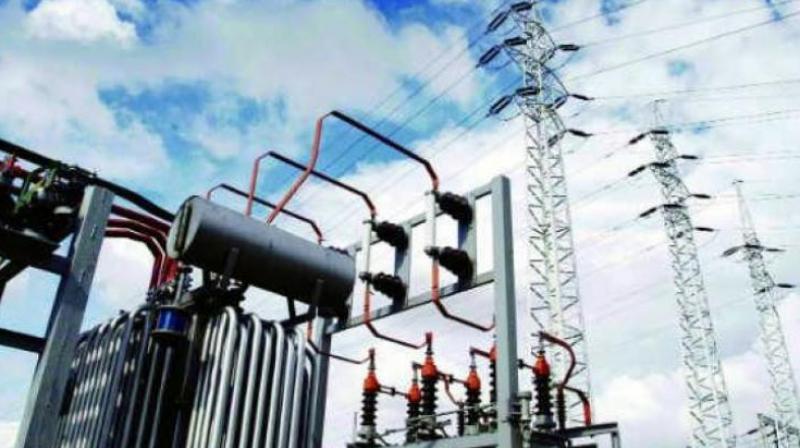Chennai: Technology developed to produce electricity from textile wastewater
The distinctive feature of the technology is that it is energy positive as opposed to the energy-intensive technologies available now.

Chennai: JSP Enviro, a start-up founded by IIT-Madras alumni has developed microbial fuel cells that can generate electricity from textile wastewater.
The distinctive feature of the technology is that it is energy positive as opposed to the energy-intensive technologies available now. It is also a carbon neutral process.
“This product is based on environment-friendly microorganisms that degrade the waste and produce electricity in the process,” says V.T. Fidal Kumar, founder of the start-up and an alumnus of IIT Madras.
It also payback in terms of energy savings, reduction in excess sludge quantity and carbon credits.
“It is suitable for small installations with the organic load as low as 100 kg per day,” he added.
“The product requires minimal maintenance and is targeted towards dyeing, printing, leather, dairy industries in India. The current systems used are expensive and have a high maintenance cost,” said Priyadharshini Mani, co-founder of JSP Enviro.
Currently, it is in the process of joining the IIT Madras Bioincubator to augment research and development for its product.
“Microbial Fuel Cells are relatively a new technology and if implemented for all major industrial effluents, we can aim to achieve high energy savings. We are planning to launch a demonstration model by early 2020,” Mr.Fidal Kumar said.
The start-up launched in 2016 is involved in treating and recycling industrial wastewater, restoration and polluted water bodies, landscaping and beautification projects besides treating wastewater for reuse.
JSP Enviro is also restoring a 30-acre lake located in the Integral Coach Factory (ICF) premises in Villivakkam in Chennai.
It was one of the four Indian teams selected to represent the country in the world’s largest green-business event called ‘Climate Launchpad’ held in Scotland in November 2018. The team won the second place in the event and won prize money of 5000 Euros.

